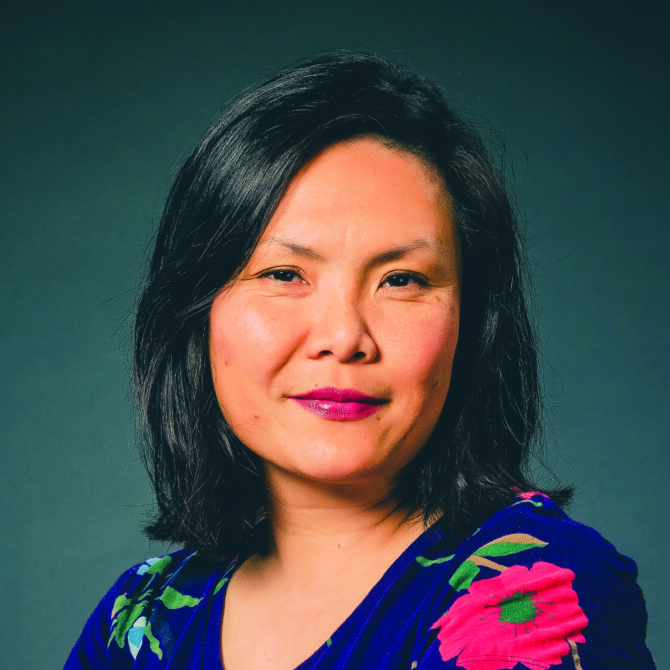Leaders need to exhibit the behaviours they ask of others
Companies face pervasive new uncertainties and upheavals. Whether it is pivoting to execute on a new strategy when our markets are disrupted, or maintaining team cohesion amidst the constant flux of team members, the need to build (or rebuild) trust is a common challenge for leaders today. There could hardly be a more important task: trust is nothing less than the linchpin of leadership.
Let me break it down. Leadership is fundamentally about relationships; relationships are fundamentally about trust. Leaders today are called to relate in increasingly complex ways to those under their influence, and that means we need a better vocabulary for the animating force of those relationships: trust.
A classic definition of trust is the willingness to be vulnerable in the face of uncertainty. When your team shows trust in you, they are being vulnerable in the face of a plethora of possible outcomes. But research shows that to earn trust, you must first be willing to exhibit trust. Trust is not a given. The adage that it’s earned has never felt truer. In a work-world where we are constantly navigating structural uncertainty and new hybrid working models, there are two key ways that we as leaders can strengthen our relationships, through practices and habits of trust.
Model your own vulnerability
We need to show trust to earn trust – but what does this look like in the workplace? As a leader, being vulnerable does not mean airing our dirty laundry. It looks more like being willing to show others that you don’t have all the answers. You acknowledge the uncertainty in a situation while simultaneously reinforcing the belief that “We can all do it, together.”
Another way to demonstrate vulnerability appropriately, and strategically, is to offer up what I call ‘interpretive clues’ about yourself. If you’re like millions of others who have entered a new work team in the last two years, you might find yourself struggling to gel with your new team. This might be because nobody has any social data about you – that is, nobody has any past experiences of you to compare with. For example, if you’re having a bad day, nobody necessarily knows that this is just a one-off bad day. They might overinterpret this particular mood and write you off as irritable. Being overly transparent about the motives or animating forces behind your behaviour – sharing why you’re having an off day when one inevitably comes – starts to build an interpretive key. People trust who they know. If they don’t know you, trust isn’t on the table.
Accept the vulnerability of others
Modelling trust is just one side of the coin. The other is accepting the vulnerability extended to you. One way to do this is to liberally give others the benefit of the doubt. Don’t believe that your interpretation of someone’s intent is the only possible interpretation. Be curious, too. If you are struggling to understand a particular decision or action, ask a teammate about it. A decision that is unexpected or unintelligible to you might make more sense from their perspective.
Liberally give others the benefit of the doubt. Don’t believe that your interpretation of someone’s intent is the only possible interpretation
I also recommend enthusiastically accepting trust when it is extended to you. Believe what someone says about themselves and their experience. Even if their description of an event or experience is incomprehensible from where you sit, believe your teammate anyway. You have much to gain and nothing to lose by believing – and believing in – those around you.
It is worth reflecting that the word vulnerability comes from a 17th-century word meaning ‘wounding’. Vulnerability in the workplace comes from a mutual willingness to acknowledge the possibility of, and capacity for, failure – both on the business and relational sides of your work life. These are the wounds that we face at work. Trust, in ourselves and in our teammates, is what heals those wounds and strengthens our teams for a more resilient future.
Sanyin Siang is a Pratt School of Engineering professor and leads the Fuqua/Coach K Center on Leadership & Ethics at Duke University.

